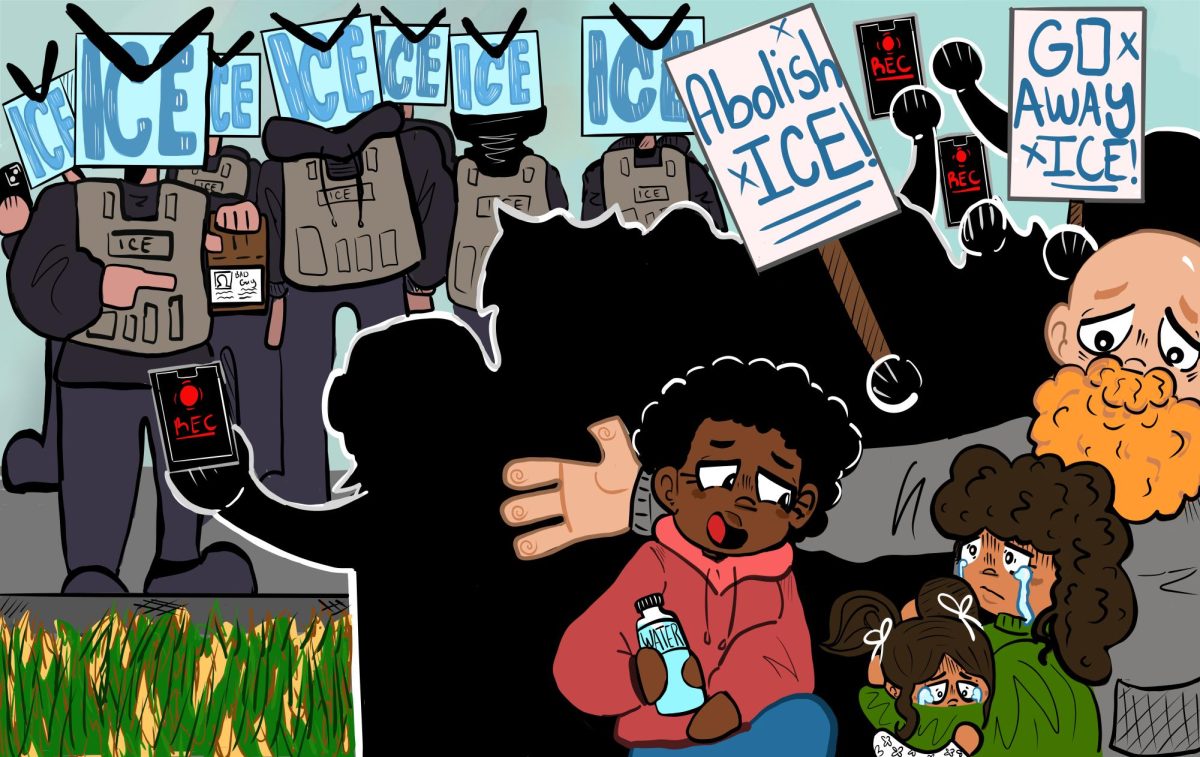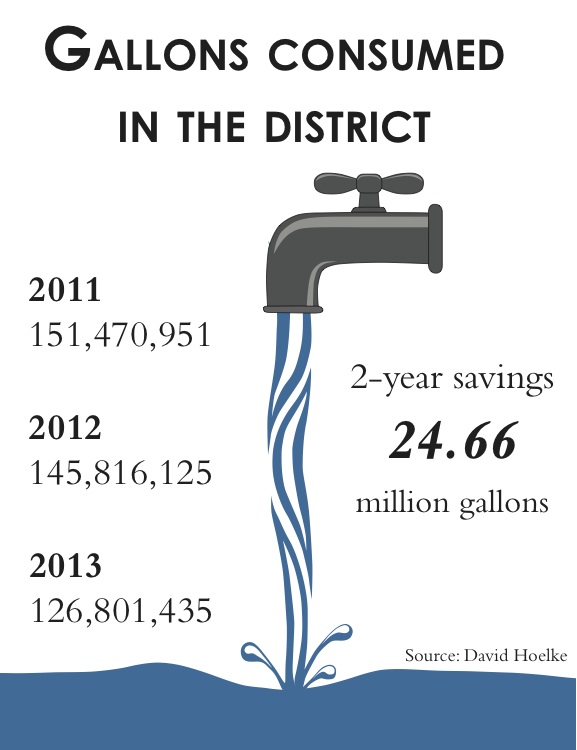By Dylan Bradley/ne news editor
The food industry in the U.S. has a problem — food labels are not required to indicate genetically modified ingredients.
This means the consumer’s choice to support or avoid genetically modified, or GM, organisms and crops is nonexistent.
The U.S. is the top producer of GM crops, and 70-90 percent of all American food contains some form of genetically modified ingredients.
Meanwhile, according to naturalrevolution.com, as many as 27 countries have banned GM crops, including three counties in California. All of them claim a lack of proof and research that long-term harm isn’t caused. Maine and Connecticut have passed legislature requiring the labeling of GM food, and 30 other states have similar bills pending, according to a Washington Post article.
One side of the argument is long-term research has not proved genetic modification safe for the environment or human consumption. The other side is saying the studies are enough.
In October, the European Network of Scientists for Social and Environmental Responsibility released a statement contradicting the claims of safety. It stated the scientific community has no consensus on GM food safety.
The fifth item on the list states several hundred studies do not show GM food safety but, in fact, provide evidence of a lack of safety.
Americans deserve to weigh in, and the most powerful voice we possess is our wallets. While some companies choose to label their products as not containing GM ingredients, and it is a stipulation of being certified organic, only Maine and Connecticut have forced companies to label GM products.
Labeling not only puts the power of choice directly into the hands of consumers but allows for better research to be conducted.
The fact is, the facts aren’t clear right now. But what is the harm of putting the information we do have, whether or not a food product contains genetically modified ingredients, and letting consumers choose for themselves what they feel safe eating?
We are in America, the land of choice and opportunity. How did we lose sight of that and reach the polar extreme of this global issue?

























